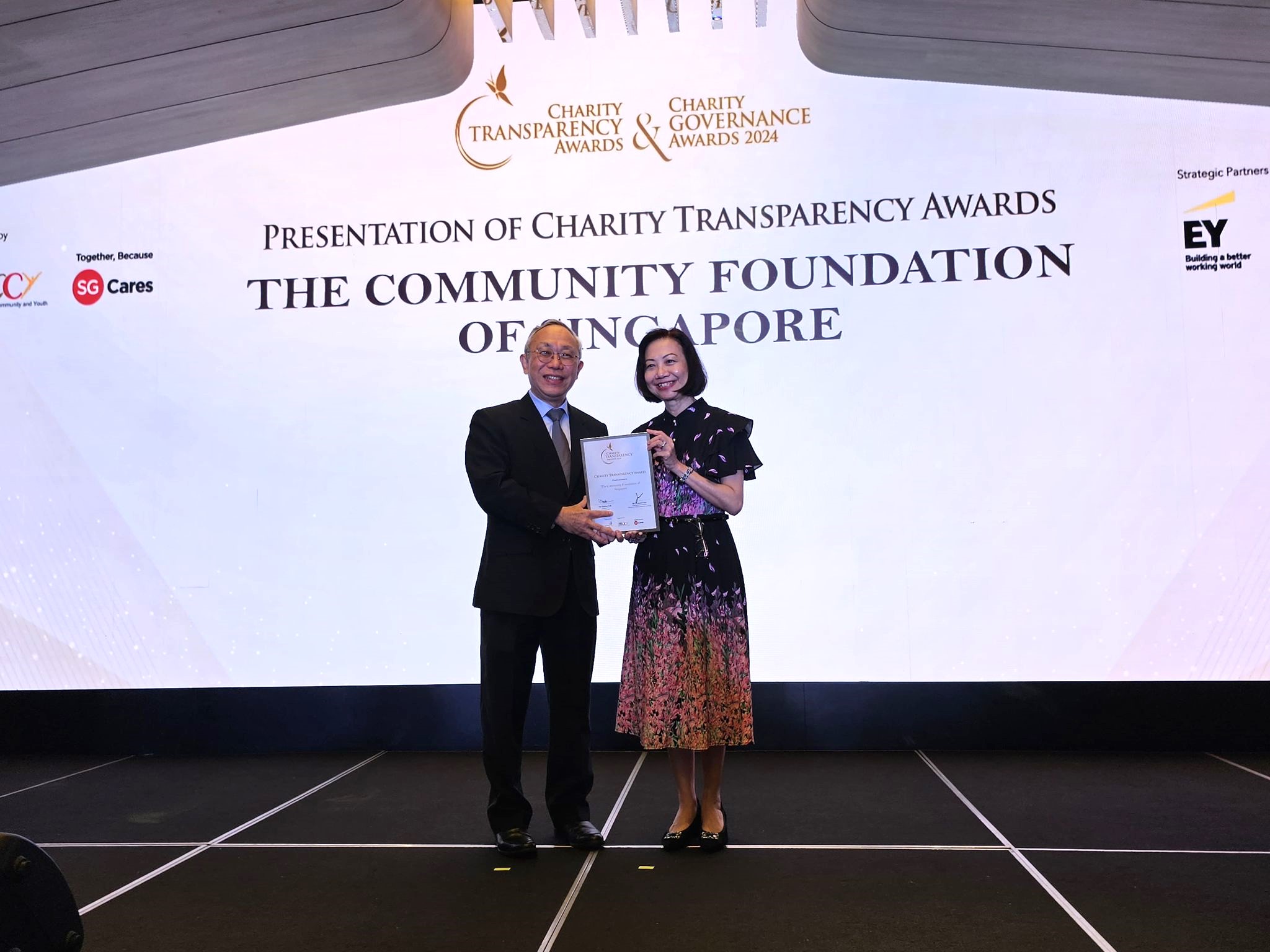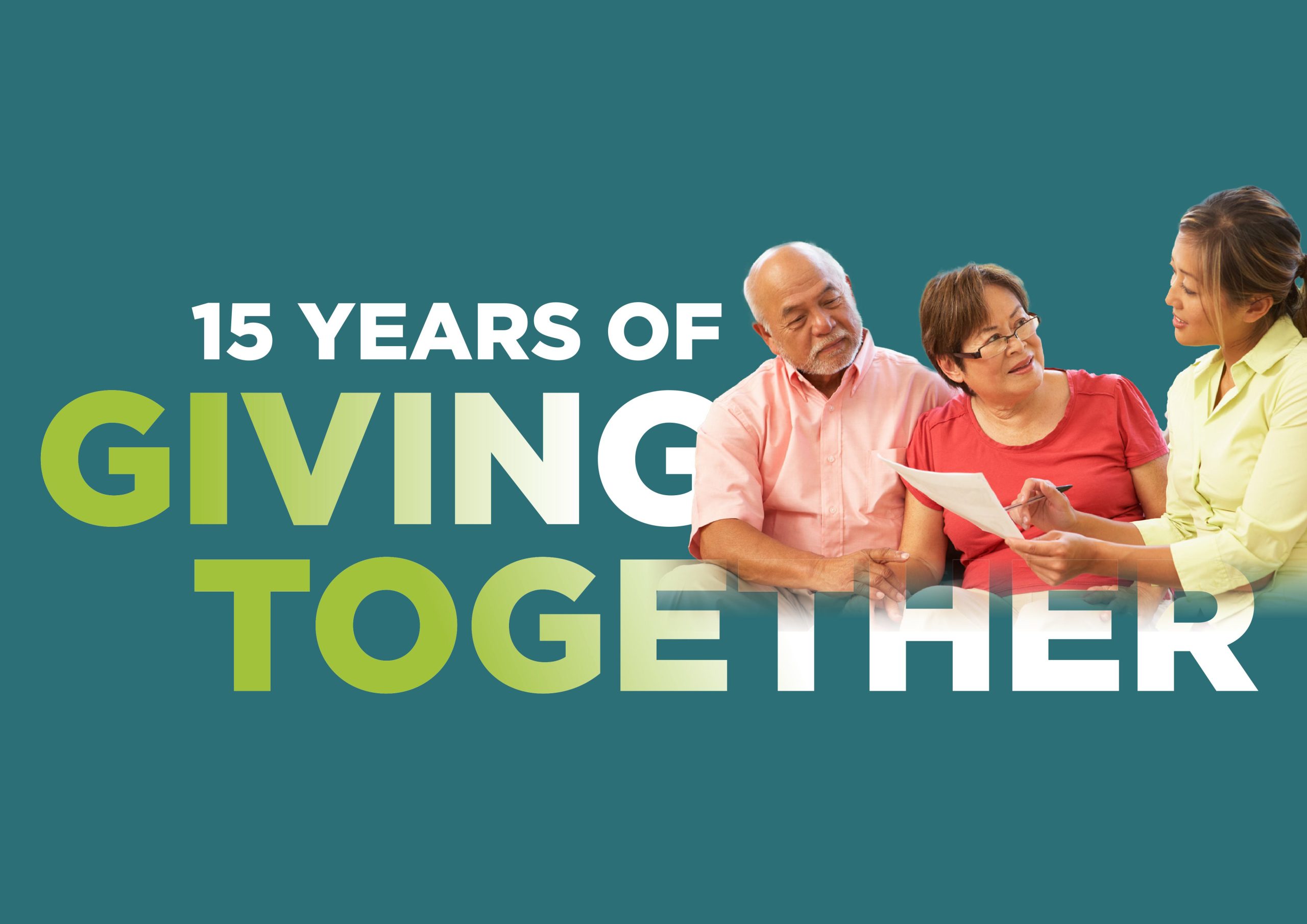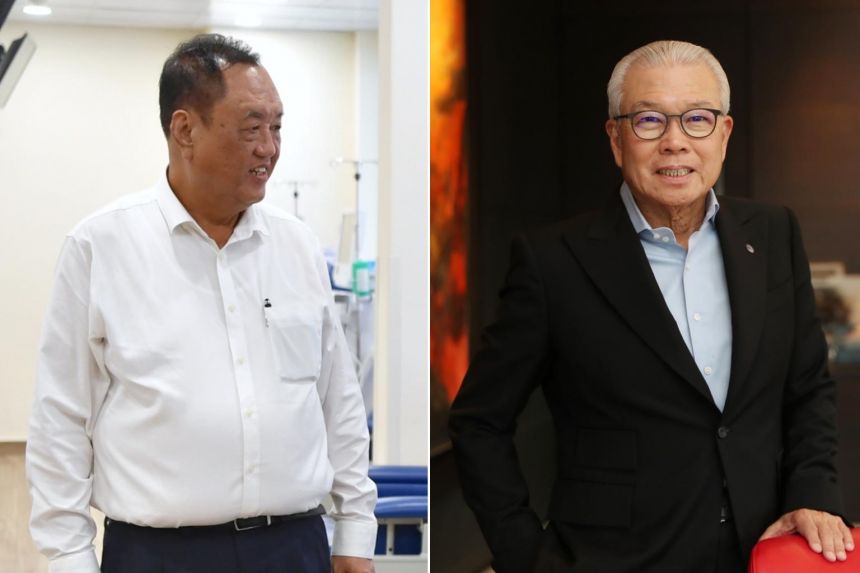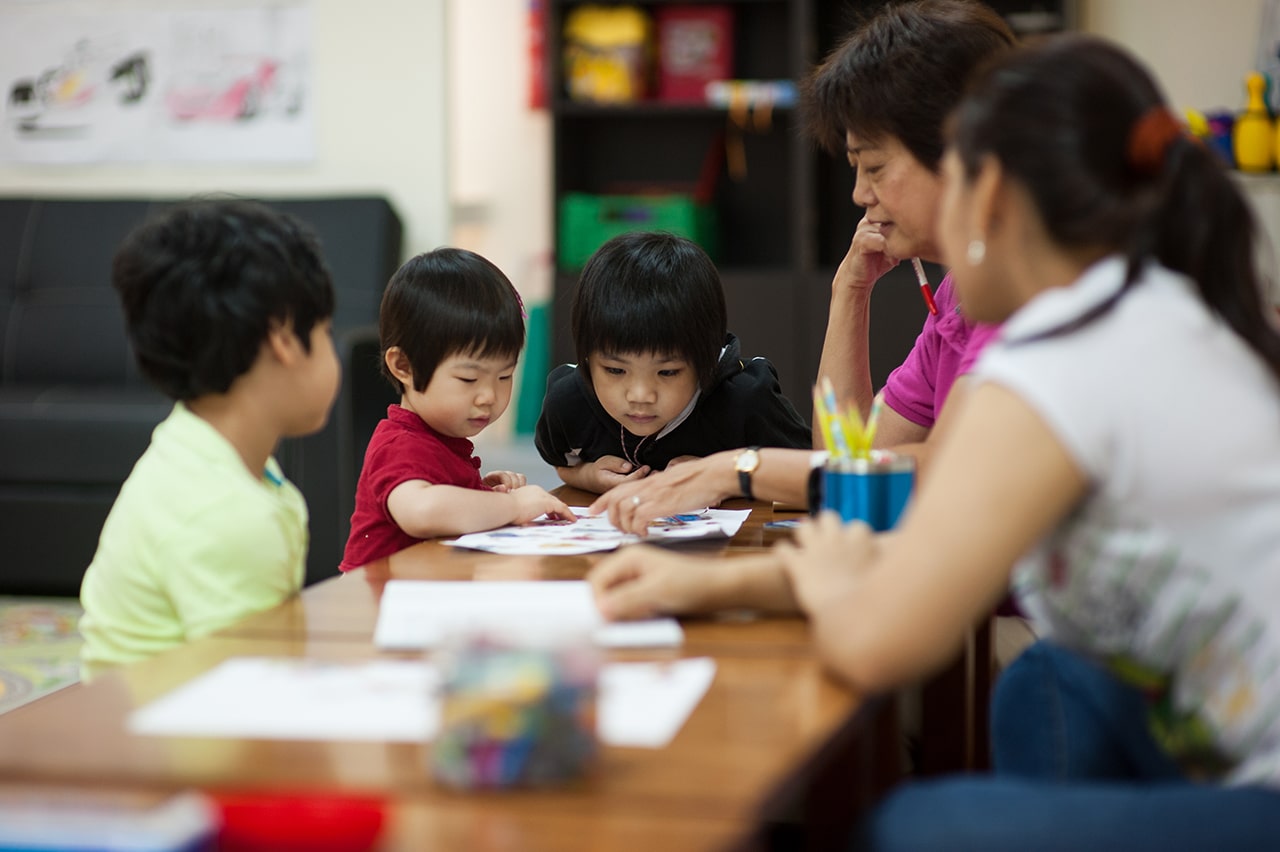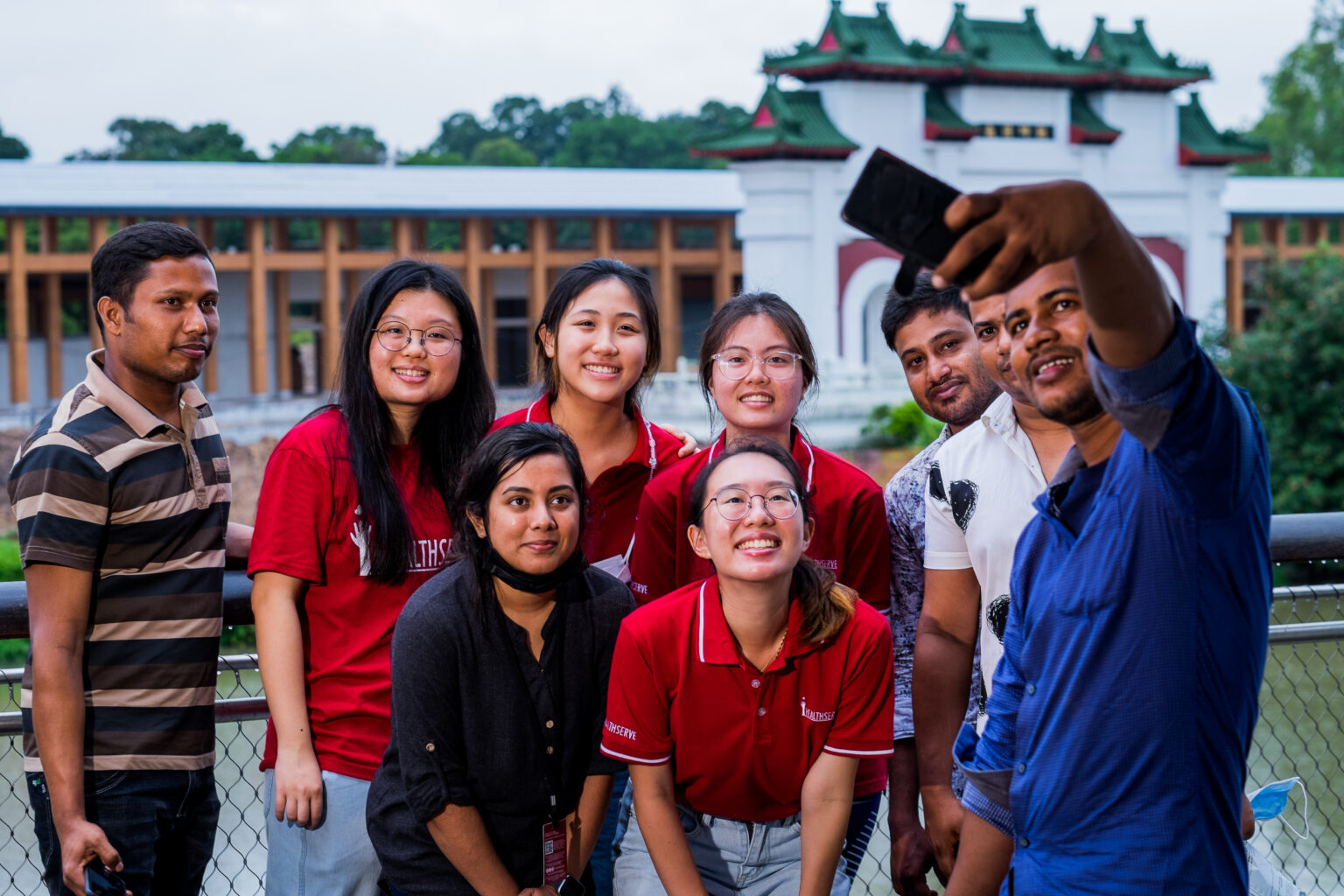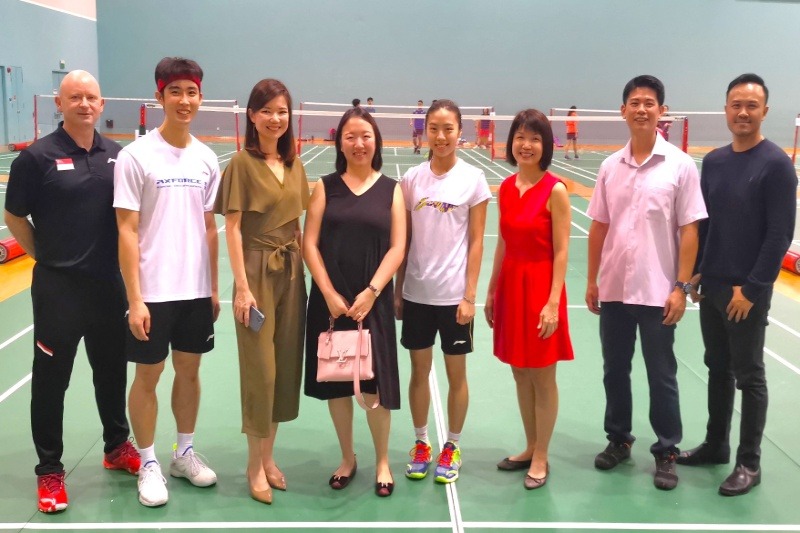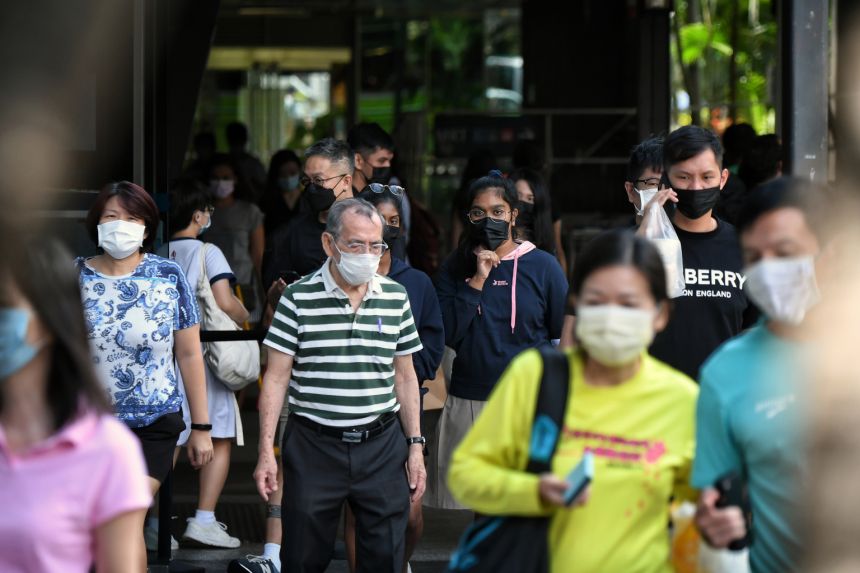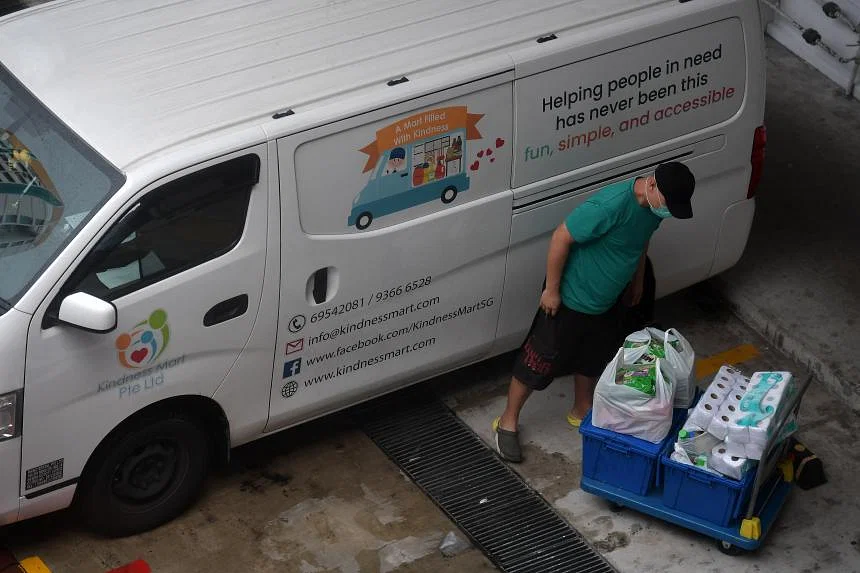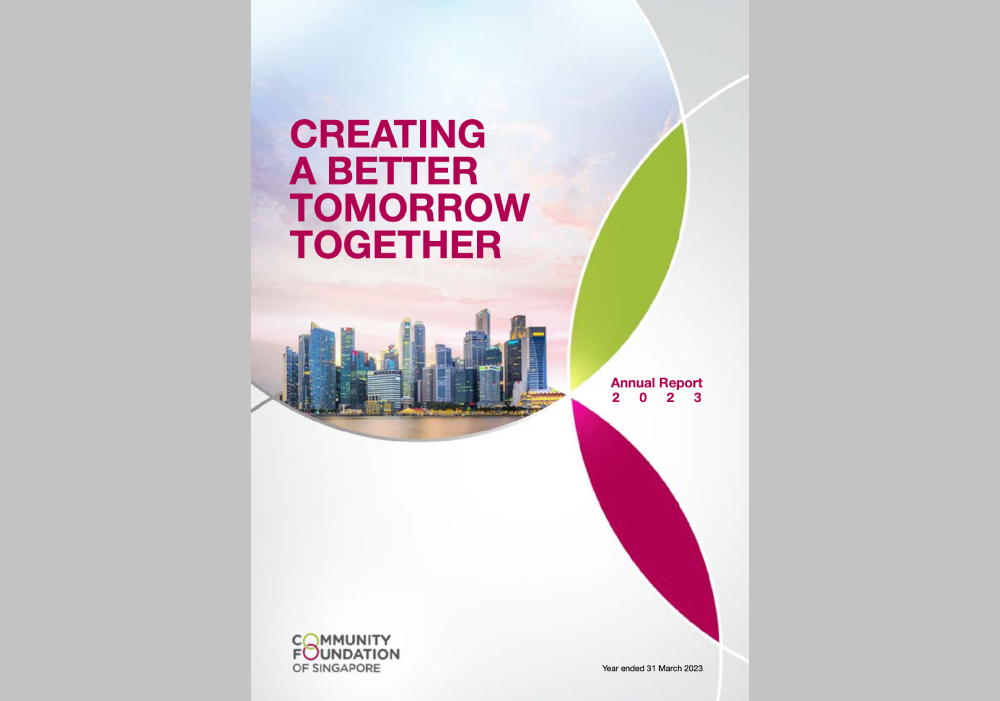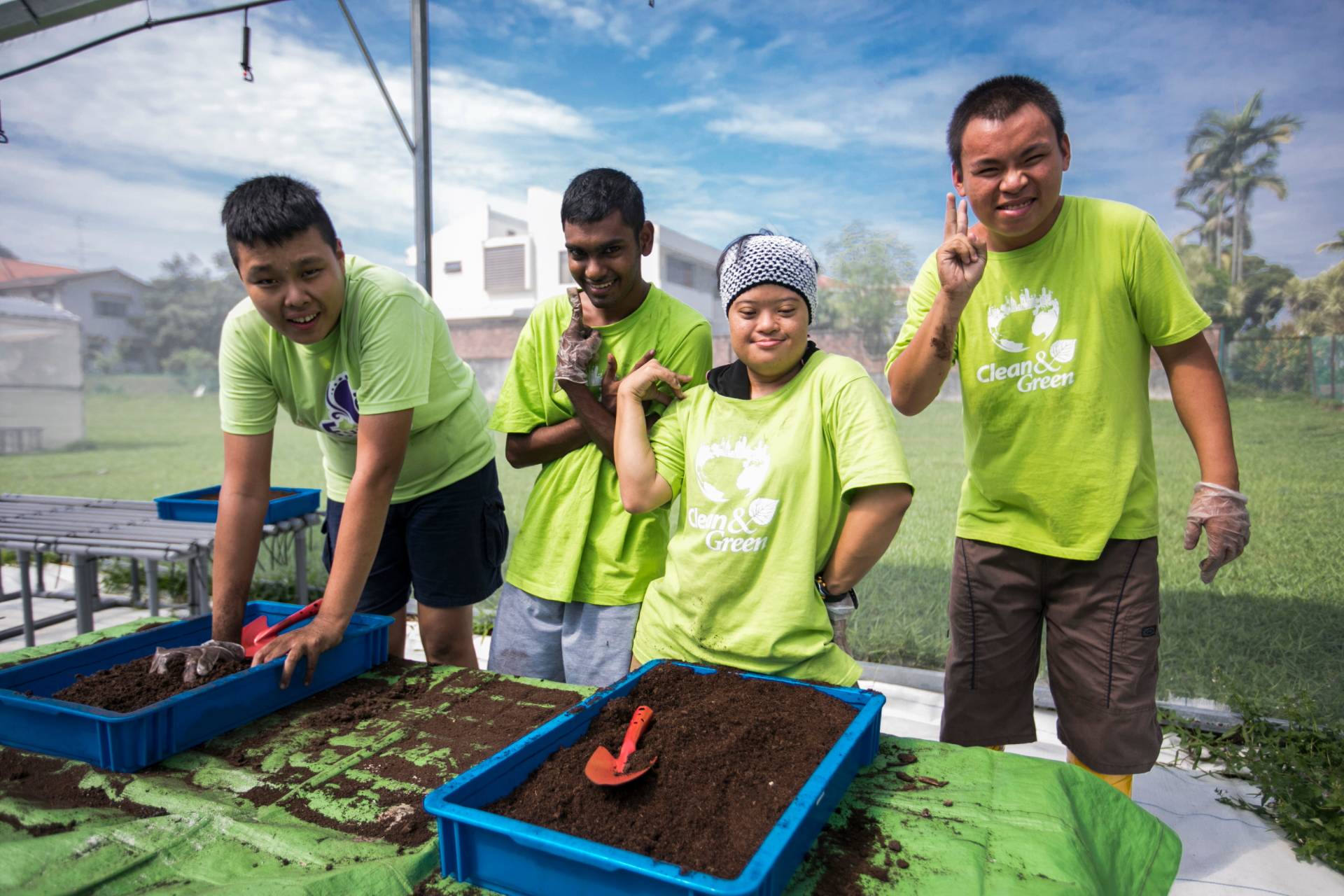News
Dipa Swaminathan on what we can each do for Singapore’s migrant workers

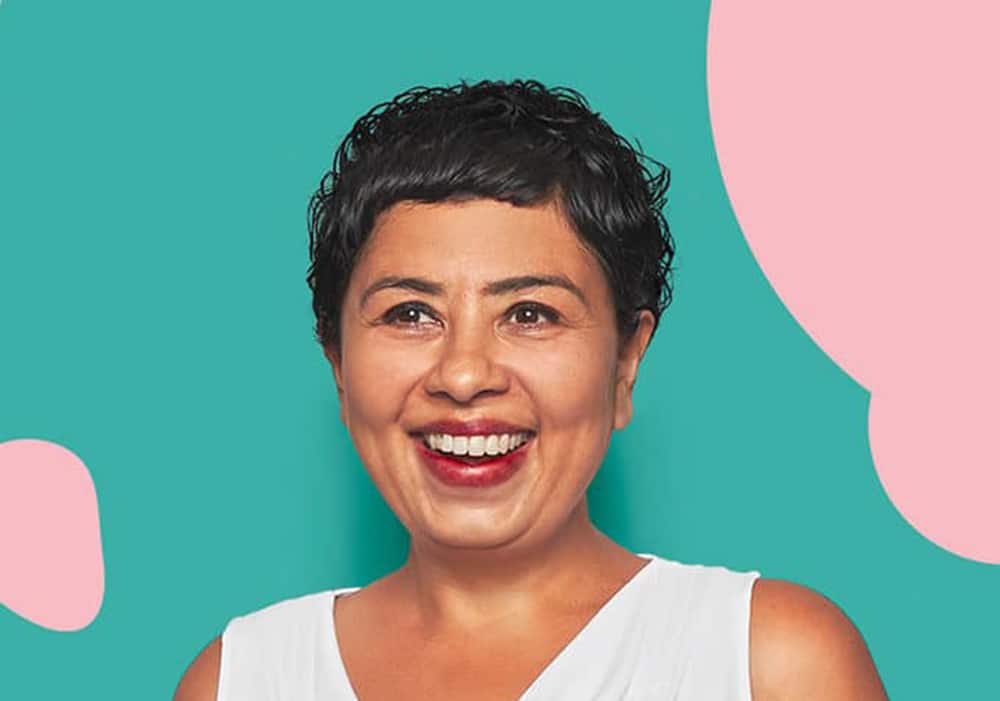
Dipa Swaminathan is a force of nature. At 49, the Harvard-educated lawyer is an assistant general counsel for SingTel and the founder of ItsRainingRaincoats, an organisation created in 2015 to support migrant workers in Singapore and champion their cause. As the recipient of the President’s Award for philanthropy and volunteerism in 2017, Swaminathan knows a thing or two about advocating for a marginalised group—in particular, one that has built our nation from the ground up while bearing the harshest brunt of the fallout from COVID-19.
“Migrant workers are not franchised and lack voices in the broader community,” shares Swaminathan. “The avenues available to us are not to them. They are often scared of speaking up for fear of getting their permits cancelled—which can happen within 24 hours.” The vulnerability of their situations are why migrant workers in Singapore are often forced to tolerate poor living conditions—leading to consequences like the one we have seen this year.
“Migrant workers lack many of the comforts that we are so accustomed to. They are expected to live in close proximity to each other and have limited spaces that they can move around in. In these conditions, the impacts of COVID-19 were felt harder by these workers. ItsRainingRaincoats had to ramp up its efforts overnight as the pandemic started to spread in the migrant worker community and we did so with tremendous speed thanks to our volunteer ranks doubling and the outpouring of support from the community,” she adds.
Alongside her tireless efforts for this oft-overlooked group, Swaminathan is now embarking on a new project with The Community Foundation of Singapore. Known as “A Greater Gift’’, the campaign focuses on the true value and lasting impact of a legacy gift. A legacy gift is a method of planned donation—essentially, leading to long-term, sustainable support for a cause you believe in.
As an ambassador for this initiative, Swaminathan opens up to Vogue Singapore about the importance of this movement, her advocacy work for migrant workers in
Singapore and her poignant hopes for their future.
What led you to start working with migrant workers in Singapore? Is this something you have always been passionate about?
Working with migrant workers started almost by chance. I was driving home in a thunderstorm one day and saw two migrant workers crouching under a cardboard sheet to remain dry. I took them home and gave them food and drinks and dry clothes to change into. Several weeks later, I received a call from the police saying one of the men had been charged with a suicide attempt and the only number he had was mine. He had tried to take his life because he hadn’t been paid for three months and had loansharks hounding his family back in India. I knew it was an act of desperation, and emailed the Police Commissioner incessantly until charges were dropped. The experience made me realise that you can’t change the world but you can change the world for one person.
We must shift our perception that migrant workers are dirty or societal outcasts. We need to correct perceptions in our own circles and speak up on the issue when the opportunity arises at the dinner table or different social settings.
Another experience that changed the game for me was when I saw a group of migrant workers working in the rain, wearing garbage bags to try and remain dry. I called their employer and insisted that it was their duty to provide for their workers, susceptible to the constant rainy conditions in Singapore. I threatened to flag it with newspapers, share it on social media and report it to the Ministry of Manpower. While the employer hung up on me, the next day, I saw that all the workers had been
provided with raincoats.
Which parts of your work with migrant workers do you find most important?
It is incredibly rewarding to be able to bridge conversations between migrant workers, volunteers and other Singaporean residents, as well as galvanising support from the corporate sector and schools. Connecting different parts of the community helps us to build a bigger support platform for migrant workers, helping them integrate
into the broader community.
For example, during the height of the pandemic, ItsRainingRaincoats mobilised hundreds of volunteers to distribute 600,000 hot meals, 120,000 care packages, and helped 12,000 workers with mobile data top-ups so they could remain connected with their family. We also co-authored a mental health booklet in partnership with the
Singapore Medical Society of Ireland and coordinated fundraising efforts for families of deceased or terminally ill migrant workers.
Tell us a little bit about the “A Greater Gift” initiative
“A Greater Gift” is a three-year initiative led by the Community Foundation of Singapore to highlight that legacy giving is critical to providing long-term support and sustainability to the causes we care about the most. The campaign is to encourage everyone living in Singapore to leave a legacy. Whether its time, money or resources, those who are able to do so will have an enduring and positive impact on those in need within the community. I’m proud to have been selected as a brand ambassador for the campaign, to highlight that anyone can give back.
Aside from the impact of COVID-19, what is one other problem facing migrant workers in Singapore right now?
One main problem for migrant workers is that they are often not paid on time. At the end of the day, they are here to earn a salary without exploitation. If we can achieve this, it’s the first step towards fair treatment.
How do you think we can rectify the stigma and seclusion that migrant workers face?
There is a plethora of issues that put migrant workers on the back foot when they come to Singapore—there is a large number of them, they have issues with language, they are usually here alone without their families and are far from home.
Change needs to happen within each of us—within our hearts and instincts. We must shift our perception that migrant workers are dirty or societal outcasts. We need to correct perceptions in our own circles and speak up on the issue when the opportunity arises at the dinner table or different social settings.
The most soul-crushing thing for me is when I hear of a migrant worker death.
Seeing the harsh conditions and difficult circumstances that migrant workers are in must take an emotional toll. Do you ever experience compassion fatigue? How do you take care of yourself and what keeps you going?
I do experience compassion fatigue and I need to give myself time to wind down. There were many days this year at the height of the pandemic where I didn’t have time to attend to my personal day-to-day needs like even taking a shower. My phone never stopped ringing as I attended to countless migrant workers seeking help.
There is a saying that if you don’t fill your well, you can’t draw from the well. And for me, I keep my well filled by exercising, going on staycations and spending lots of quality time with my husband and two teenage sons with tons of tennis action. We are also avid Formula 1 fans.
Going into 2021, what is your biggest hope for how the lives of migrant workers in Singapore will change?
I hope fewer of them succumb to workplace fatalities—the most soul-crushing thing for me is when I hear of a migrant worker death. I hope workplace conditions and mental health improves for them. I hope that we don’t hear our phones ringing as much—because then we know that we’ve made improvements for them and for us as a society.
Find out more about “A Greater Gift” at legacygiving.sg. Support ItsRainingRaincoats with a donation or a Christmas gift for migrant workers.
Source: Vogue
- Related Topics For You: CHARITY STORIES, DONOR STORIES, DONOR-ADVISED FUND, HEALTH, INCLUSIVITY & INTEGRATION, LEGACY GIVING, MENTAL WELLBEING, NEWS, STORIES OF IMPACT
Trending Stories
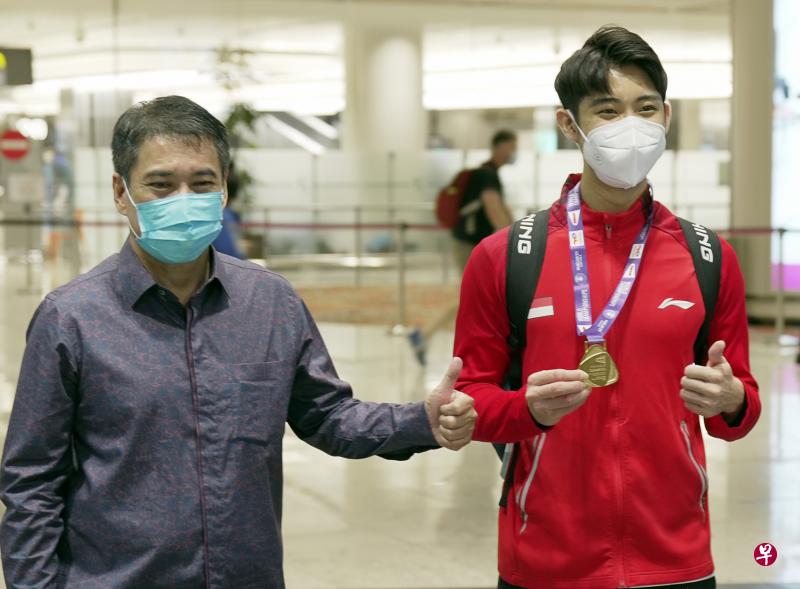

Karim Family Foundation: Donor-Advised Fund Raises $200,000 to Support Local Sports Champion Loh Kean Yew
Karim Family Foundation: Donor-Advised Fund Raises $200,000 to Support Local Sports Champion Loh Kean Yew
In December 2021, 24-year-old Loh Kean Yew became the first Singaporean to win the Badminton...
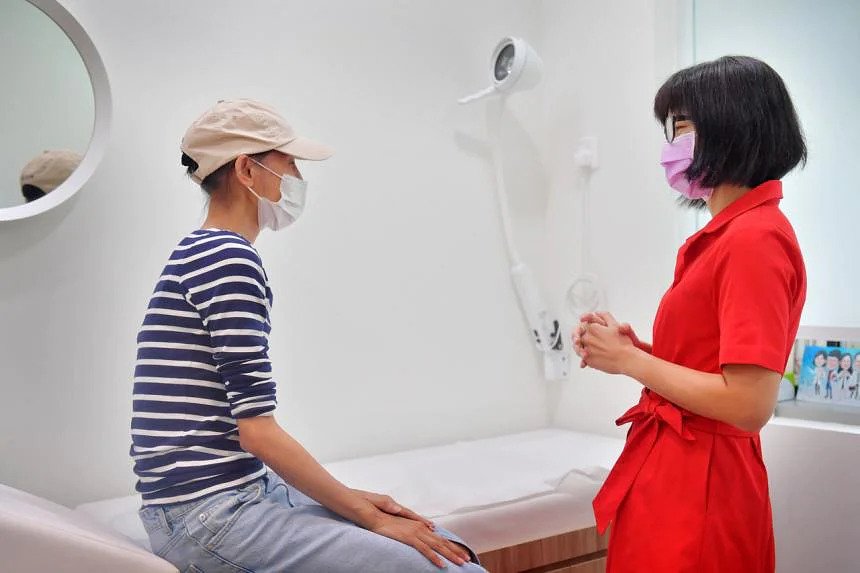

‘I thought I couldn’t go through any more of it’: Cancer patient gets help after insurer says ‘no’ to $33k bill
‘I thought I couldn’t go through any more of it’: Cancer patient gets help after insurer says ‘no’ to $33k bill
Good Samaritans have stepped forward to help a cancer patient, who hopes to spend more...

